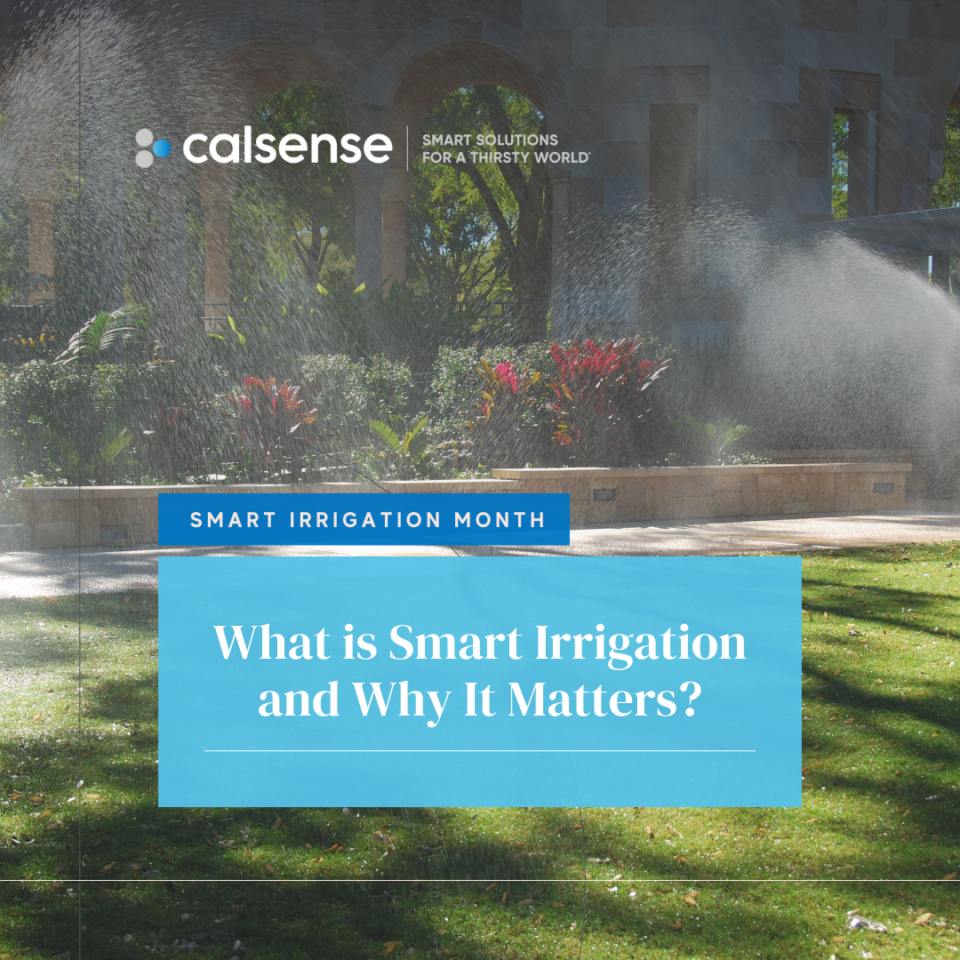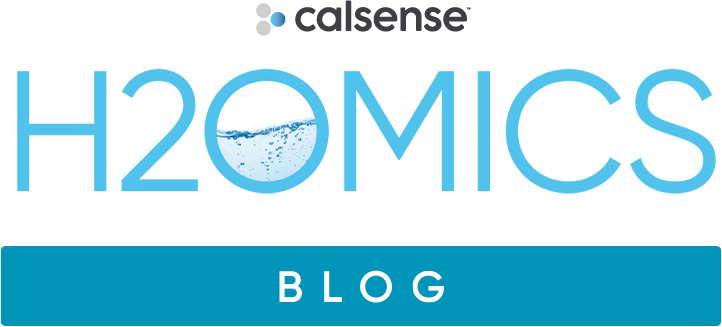What is Smart Irrigation and Why It Matters?
July 2, 2024

In a world where sustainability and efficiency are increasingly crucial, smart irrigation is revolutionizing the way we manage water resources. Smart irrigation systems use advanced technology to optimize water usage, ensuring that landscapes receive the right amount of water at the right time. This not only helps conserve water but also promotes healthier plants and landscapes.
Smart irrigation systems often include weather-based controllers, soil moisture sensors, and automated sprinkler systems that adjust watering schedules based on real-time data. By leveraging these technologies, smart irrigation systems can significantly reduce water waste and improve irrigation efficiency.
Benefits for Homeowners
- Water Conservation: Smart irrigation systems can reduce water usage by up to 50%, which translates to substantial savings on water bills.
- Healthier Landscapes: By providing the right amount of water, smart irrigation helps maintain lush, healthy gardens and lawns.
- Convenience: Automated systems eliminate the need for manual watering, saving homeowners time and effort.
- Customization: These systems can be tailored to the specific needs of different plants and soil types, ensuring optimal watering.
Benefits for Organizations
- Cost Savings: Organizations can significantly reduce water bills and maintenance costs by using water more efficiently.
- Sustainability: Implementing smart irrigation demonstrates a commitment to sustainability, enhancing the organization’s reputation.
- Compliance: Many regions have water usage regulations, and smart irrigation helps comply with these rules.
- Scalability: Smart irrigation systems can be scaled to fit any size of property, from small commercial landscapes to large fields.
Environmental Benefits
- Water Conservation: Reducing water waste helps conserve vital water resources, crucial in areas facing water scarcity.
- Reduced Runoff: By optimizing water usage, smart irrigation minimizes runoff, reducing soil erosion and water pollution.
- Energy Savings: Less water usage translates to less energy required for pumping and treating water.
- Biodiversity: Efficient water use supports healthier plant growth, promoting biodiversity in landscapes.
Smart irrigation is not just a technological advancement; it’s a step towards a more sustainable and efficient future. By adopting smart irrigation, we can conserve water, save money, and create healthier environments for ourselves and future generations.
